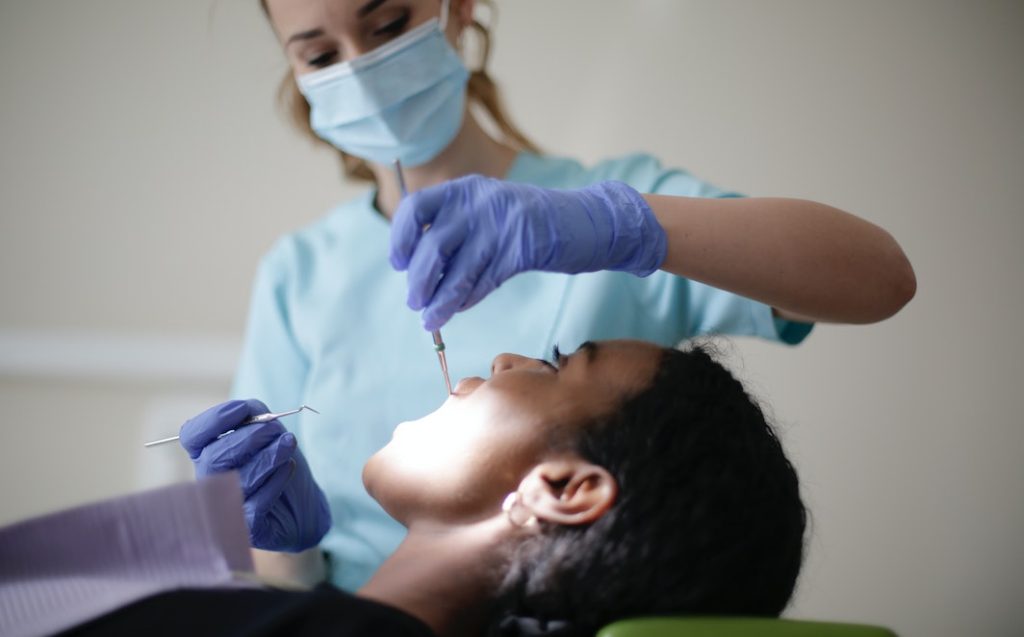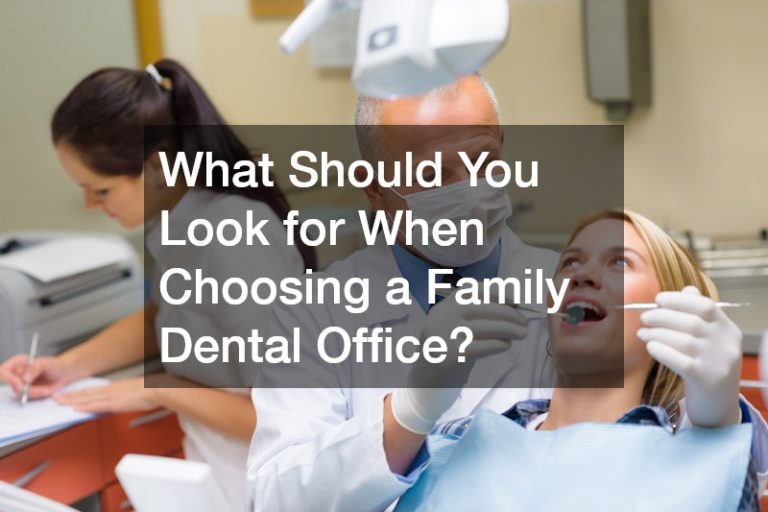Do you have a tooth that aches for no apparent reason? You’re not alone. Many people experience occasional tooth pain, which can be frustrating when you can’t figure out the cause. While some causes of tooth pain are easily identifiable and remedied, others can be more difficult to pinpoint. This blog post will explore some possible causes of tooth pain and offer solutions for each.
1. Sensitivity to Hot or Cold Temperatures
If your tooth hurts when you consume hot or cold drinks or food, then temperature sensitivity is likely the culprit. Because the tooth enamel has been weakened, the dentin layer of your tooth is exposed. This can make hot and cold temperatures more painful. People who suffer from temperature sensitivity can reduce pain by switching to toothpaste specifically designed for sensitive teeth.
Additionally, rinsing your mouth with warm water and gradually increasing the temperature of cold and hot items can help reduce discomfort. This helps desensitize the teeth. You could also try using a straw when drinking cold drinks to keep the liquid away from your sensitive teeth. If the pain persists, consult your dentist for further care.

2. Wisdom Teeth
Wisdom teeth often cause pain as they try to break through the gums. In some cases, a dentist or oral surgeon must remove your wisdom tooth if they are impacted (stuck beneath the gums) or if they are crowding other teeth. Even if wisdom teeth don’t cause problems, many dentists recommend removing them because they are difficult to brush and floss properly due to their location in the back of the mouth.
If you experience pain from wisdom teeth, ask your dentist about getting them removed. The procedure can be done under local anesthesia and is relatively simple. You may experience discomfort for the first few days after your procedure, but it should eventually subside. You may also be prescribed an antibiotic to prevent infection.
3. Gum Disease
Another common cause of tooth pain is gum disease when gums become inflamed due to plaque buildup. Plaque is a sticky film of bacteria that attaches to your teeth and gums. It irritates the gum tissue, making it red, swollen, and tender. The pain from gum disease can range from mild to severe and may also cause further health issues if left untreated.
The best way to treat gum disease is to brush and floss regularly and visit your dentist every six months for a professional cleaning. Your dentist may also recommend a mouthwash to help reduce plaque buildup or a special toothpaste designed to treat gum disease.
In more severe cases, your dentist may need to surgically open the gum tissue and remove the plaque with a scalpel. Afterward, your dentist may prescribe antibiotics or an antiseptic mouthwash to help prevent infection.
4. Infection
An infection in your tooth can also cause pain. This type of infection is usually the result of untreated decay, so you must see your dentist regularly for checkups and cleanings. If you have an infected tooth, your dentist will likely prescribe antibiotics to clear the infection and may also recommend a root canal procedure.
The root canal procedure involves removing the infected pulp from inside the tooth and cleaning the area. This procedure can be done in one visit or over a few visits, depending on the severity of the infection. Afterward, your dentist will fill the tooth with a special material to prevent further decay and seal it off. You may also be given a crown to protect the tooth from further damage.
5. Clenching or Grinding Teeth
If you grind or clench your teeth, you may experience recurring jaw pain or headaches in addition to general toothache pain. This can be caused by stress or an uneven bite, and it can wear down your tooth enamel over time. Children and teenagers may clench or grind their teeth during sleep, so it’s essential to keep an eye on your child’s dental health.
To relieve this type of pain, your dentist may recommend wearing a mouthguard at night to protect your teeth from grinding damage. If you clench or grind during the daytime, we suggest looking into stress-relieving activities such as yoga or meditation. These activities can help reduce the tension in your jaw, thus reducing pain.
There are many possible causes of unexplained tooth pain. If you are experiencing intermittent tooth pain, review this list of possibilities and try self-treating with home remedies first. If your pain persists after trying home remedies or if it is severe enough to interfere with eating or drinking, contact your dentist immediately to schedule an appointment. Unexplained tooth pain can be annoying, but identifying the cause is often half the battle!






